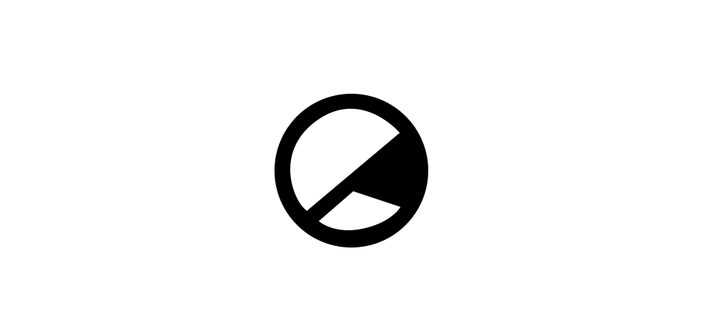Bong Joon-ho's mesmerising home invasion thriller is funny, shocking, and accessible to all. It will leave you breathless.
-
10
Since his directorial debut Barking Dogs Never Bite in 2000, South Korea’s Bong Joon-ho has become a prominent figure in World cinema. Whether with a crowd-pleasing monster movie set against political concerns in The Host, or a high-concept sci-fi set on a high-speed train with Snowpiercer, each subsequent release has offered a unique take on its genre that challenges perceived conventions with surprising but rewarding results. With his latest feature Parasite, winner of the Palme d’Or at Cannes last year, Bong has outdone himself once again. Part dark comedy, part thriller, Parasite is entertaining, suspenseful, and ultimately shocking to behold. It is mesmerising as to how much is packed within its two-hour runtime; with a tight script and memorable performances, Bong is in outstanding form and clearly brimming with confidence like never before.
From the premise, it all seems fairly familiar. We meet the Kim family, consisting of former taxi driver Ki-taek (Song Kang-ho), his wife Chung-sook (Chang Hyae-jin), and their teenage son Ki-Woo (Choi Woo-shik) and daughter Ki-jeong (Park So-dam). All are unemployed, and live together in a small, dirty basement apartment where they scramble to find a Wi-Fi signal and perform mundane tasks like folding pizza boxes. Prospects seem lost until Ki-Woo’s school friend offers him a lucrative tutoring job for the daughter of the wealthy Park family, whose decadently lavish home is light years away from the filth of the Kim residence. In this job, Ki-Woo sees a unique opportunity. To reveal any more would pay injustice to Parasite‘s many nimble twists and turns but, suffice to say, what follows is a sort of home invasion movie underpinned by themes of class and social hierarchies – mixed with a healthy dosage of inventive satire.
In regard to the technical aspects, Parasite ticks along as smoothly as a Swiss wristwatch. Hong Kyung-pyo’s cinematography is gorgeous, with a colour palette delicately contrasting bright white and dark green hues, and the score by Jung Jae-il sways from sprightly glockenspiels to growling cellos. Full of charisma, there is something deeply disturbing within the music that slowly infects and mutates, like the title suggests, and it is very affecting especially during the latter half.
The film is incredibly well-paced, thanks to an air-tight screenplay by Bong and co-writer Han Jin-won that keeps exposition to a bare minimum. Another key factor is the superb editing by Yang Jin-mo, allowing the visuals to take priority rather than heavy amounts of dialogue. Towards the end of Parasite‘s first act, there is a stunning montage of over 50 shots, accompanied by Handel’s “Spietati io vi giurai”, that is worthy of rapturous applause for its ingenuity and concise storytelling. It is evident that both Bong and Yang have an eye for rhythm and timing. The precision of both script and edit is remarkable and it pays dividends in relation to narrative and pace.
That being said, the performances across the board are excellent and it is definitely worthy of its SAG ensemble award: Kang-ho is a fantastic screen presence and very funny in certain moments, but Cho Yeo-jeong, as the Park family matriarch, and Lee Jung-eun as their housekeeper deserve equal praise. These are supporting roles but their significance to the outcome of the plot is crucial and they are thoroughly convincing.
The biggest praise is reserved for director Bong Joon-ho, who has managed to create a film that is a universal experience regardless of language. You never feel dazed or confused within his labyrinthine tale of secrets and this film begs for repeat viewings. Parasite isn’t just a thrilling story, but also a masterpiece in filmmaking. Don’t miss it!
Parasite, directed by Bong Joon-ho, is distributed in the UK by Studio Canal, certificate 15.




